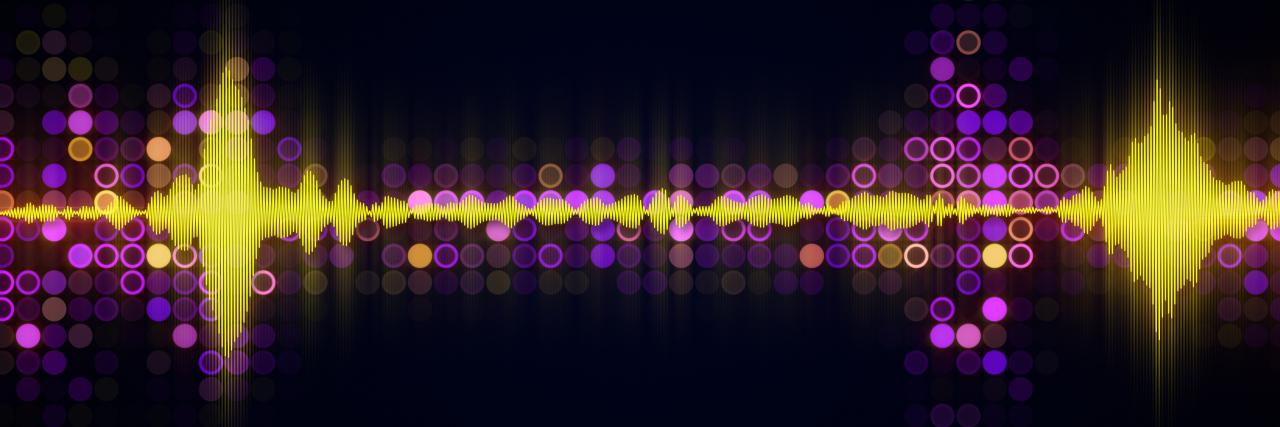Purple and red were the colors I chose the day the classical music played through an old, slightly warped and scratchy-sounding record player. Peaks and valleys gave way to holes in the paper made by too much pressure from my hands. We 6-year-olds were asked to draw how we “saw” the music.
Sight wasn’t the first sense that came to mind. It was my hearing. I used the crayons to illustrate the stabbing pain I felt physically in my ears, leaving me shutting down, hands over my ears, face down on the desk and near tears. I had a kind first grade teacher who had something many other teachers lacked: common sense. She genuinely cared for her students. Noting my condition, she asked to see my paper.
“Oh my!” she said upon looking at the paper. She later called my parents, not to complain but to tell them that something was wrong and she was concerned. The matter wasn’t discussed further. I wasn’t blamed or shamed by my teacher or parents. If my classmates noticed me, they never said anything to me about it.
Classical music, opera and heavy metal are sensory nightmares for me, even played at a low volume. Classical and Opera are very “uneven” and “pitchy.” There are unexpected peaks and valleys that trigger my Moro (startle) reflex. Rock music doesn’t have that. It is even and level to my ears. Country, R&B and smooth jazz are also tolerable. The only rock band I cannot listen to, due to their choice in sound effects, is Pink Floyd. Classic jazz ala the Miles Davis variety is also excruciating. Peaks and valleys abound.
I also hate live albums. All that hand clapping and whistling is torture. There is one exception, and I think it is because it was an outdoor concert: Peter Frampton’s “Frampton Comes Alive.” I don’t own the entire album, but do have “Baby, I Love Your Way” and “Do You Feel Like I Do?” I even like the part where he puts his mouth in the tube. This is in stark contrast to hearing Pink Floyd’s “The Wall,” borrowed from my sister out of curiosity.
My hypersensitive hearing worsened when I turned 16. I want anyone associated with neurology to take note. It is interesting that 16 is around the time schizophrenia and bipolar often begin. I wonder if there is a link that comes along with a growing brain and hormones?
Intelligence alone does not make an autistic person “high functioning.” It doesn’t mean they struggle less or are less deserving of services. Sensory processing disorder is a very real and life-limiting part of my autism. I choose to say “my autism” because each person will experience their autism differently. My hypersensitive hearing affects my relationships with others, as well as accessing the world. My hypersensitive hearing will affect where I live, when and if I can work, and my ability to communicate and form relationships as well as develop greater autonomy.
Getty image by Genin.

